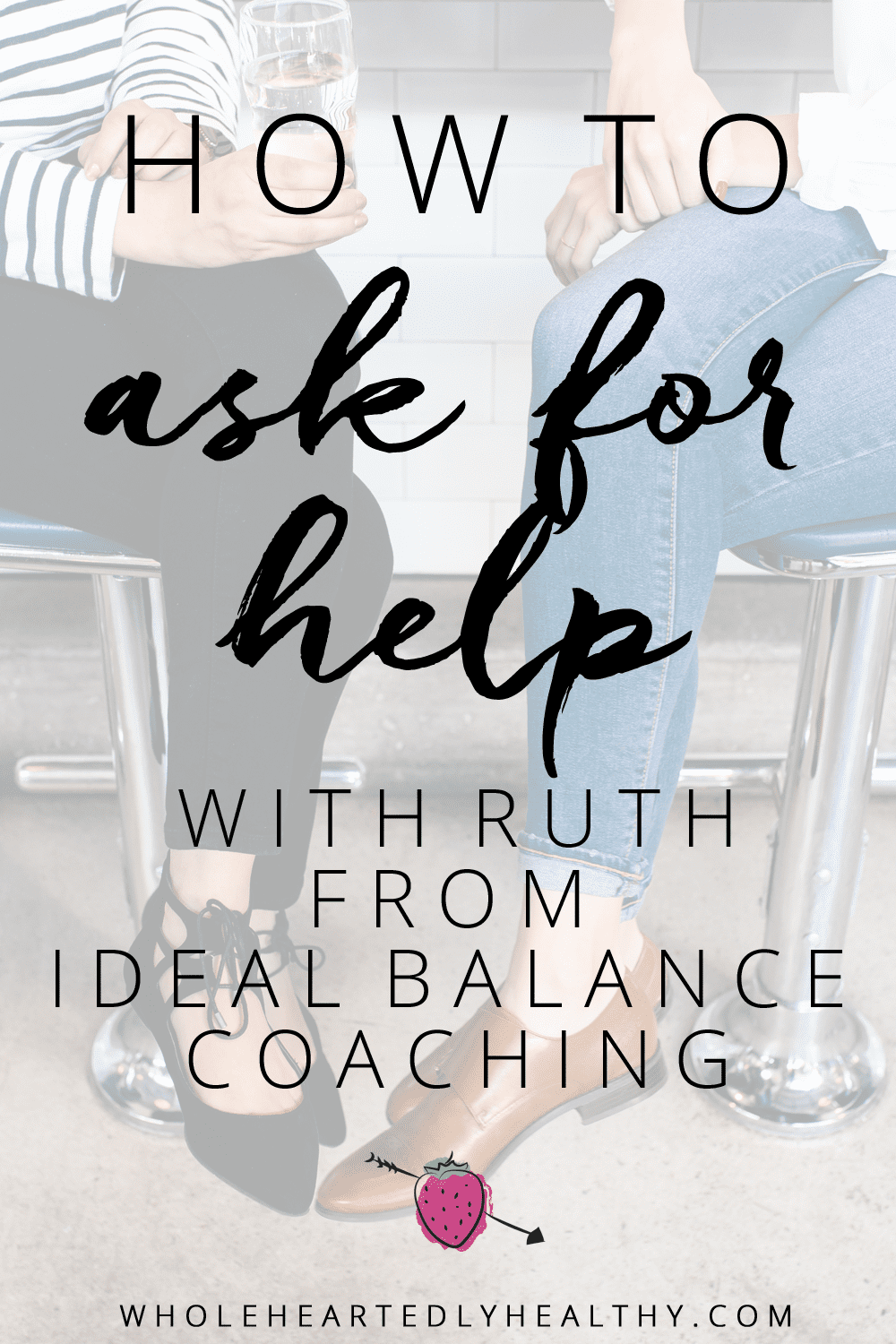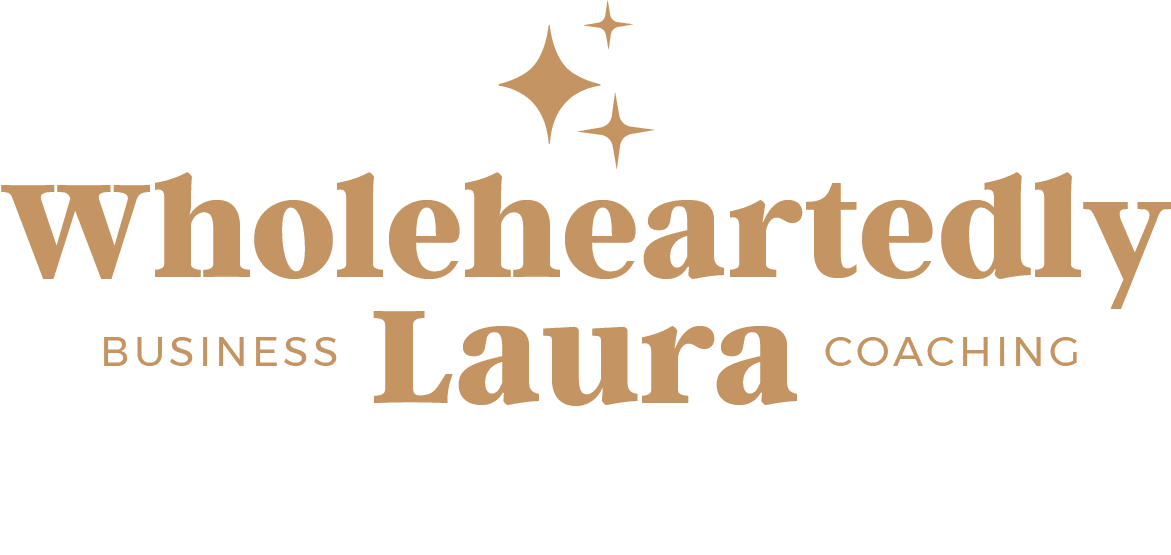

Today I’m really happy to be welcoming Ruth from Ideal Balance Coaching to the blog. She’s this month’s The Balance Club guest expert where she’s sharing her specialism on the world of relationships. When it comes to balance and self care, I always find one of the hardest things for us to do is simply ask for help so I thought I’d ask Ruth for some ideas on how to make that easier to do. Over to Ruth….
Most women I know are queens of multi-tasking. Their ‘To Do’ list is always a mile long and includes not just things they have to do but things to remember for their jobs, partners, family and children. Often they get into a trap of simply adding everything to their own list. It becomes easier to just do it yourself rather than explain what needs doing to someone else. And as time goes on, this process continues until you become overwhelmed with everything that is on your list. And then you tend to de-prioritise yourself. The gym can be skipped in favour of doing the food shopping, you can’t go out with friends as you need to go to a work function, date night is put on hold for parents’ evening. A healthy balance includes making time for yourself and what you need. And asking for help with a burdensome To Do list is a great way to create more time to do the thing you love.
How to ask for help
First and foremost, I want to talk about one of the most important reasons to ask for help – people like to feel helpful. I think we so often don’t ask someone for help as we don’t want to be a burden to them. But by letting them do this thing for us we make them feel valued and supportive. So start thinking and believing that asking for help is a way you allow someone to show they care for you.
I believe there are two ways to ask for help:
- 1. Task based: look through your To Do list and identify some of the things someone else could do. Once you have identified the tasks, identify the person who would be best placed to do them. If you’re anything like me this way will be hard as you won’t be able to identify people who will be able to do the task ‘the right way’. Try and move beyond ‘the right way’ and see it as a simple yes/no question. Can your husband make the packed lunches? Yes. Would he do it the right way? Probably not! For now, though, if it is a yes put their name next to it.
- 2. Person based: think about the important people in your life who you think would be willing to help you. If you can think of a specific task they would be perfectly suited to helping you with then note that down as well. This way around the task isn’t as important though. It is about identifying those people in your life who will be most willing to help and having the conversation with them about how that would look.
So now you’ve identified some people and tasks it is time for the actual asking to start. The best time to ask for help is when you are both in a good headspace. So not as you are both rushing around in the morning to get out to work or the children to school; or in the evening after long tiring days in the office. When you find that time, start by telling them how you feel. Use ‘I’ statements – “I feel overwhelmed/exhausted/frustrated by all the housework/children/day job”. Make this about you, not them; when has “You never do anything” ever resulted in someone doing anything?!?
At this point, if you have identified the task you would like them to do ask them if they would be able to do it for you. If you haven’t identified a task, simply ask them if they would be able to help you at all. Ensure this is a question, not a demand. Demands tend to lead to a ‘no’ whereas questions open the conversation. This is the reason I prefer the person based approach – it allows it to be a discussion rather than demand. It encourages them to come up with the things they can do to help, making it more likely they will actually do it.
How to accept help
Once you have asked for help, and the other person has accepted, it is time to let them help you. This is often harder than it sounds. Firstly, once you’ve accepted their help you have to let them do it their way. You can set some basic ground rules, such as when these tasks have to be completed by and what things have to be done for them to be classed as done, but after that you have to let them get on with it. Let go of any expectations of how it ‘should’ be done.
This is one of the hardest things I have had to learn. A perfect example of this is when it comes to cooking dinner. My husband will agree to cook, and then I will stand over his shoulder and dictate how he chops and cooks. This always leads to an argument, and defeats the purpose of asking for the help. So now I make sure I am nowhere near the kitchen when it is his turn to cook.
Another common issue with accepting help is feeling guilty for asking. See the point I made above about people wanting to help you. If you have had a conversation with them about the help and they have readily accepted this should help reduce the guilt. Try and replace the guilt with thoughts of gratitude. Use the time created by them helping to do something positive for you and practice gratitude that their help has enabled you to do that thing.
If the guilt still remains, take time to examine it. What exactly is it you feel guilty about? How realistic is it? Maybe you worry that asking your partner to do the washing up will make him think less of you, and not want to be with you anymore. Is that really the case, and if it is, is that someone you want to be in a relationship with? Often, if you actually imagine the worst case scenario, it is never as bad as you think it will be.
What if they say no?
Once you have asked for help you will have to consider that they might actually say no. As this is a request not a demand it is ok for them to say no. I would encourage you to find out why they said no, to try and continue the conversation rather than turning it into an argument. Remember them saying no has nothing to do with you, so try to not take it to heart. The next time you ask they are just as likely to say yes as they are no.
When not to accept help
I would be wary of is accepting help from people who will hold it over you at a later date. Asking for help is a skill. And like any skill it requires practice and positive experiences for you to grow more confident in it. If, every time you ask for help, the person does it begrudgingly and complains the whole time, you will not want to continue developing the skill. It will not help with overcoming the feelings of guilt and anxiety attached to letting people help you and diminish other positive experiences. So avoid asking those people until you feel more confident that the world won’t end when you ask for help.
Do you find it easy to ask for help? Do you have any tips to share about making it easier?
Ruth is an experienced life coach, passionate about empowering people in their relationships. She believes that understanding what you need and how to communicate it clearly, is the key to strong and lasting relationships. Ruth draws on her psychology background and life coach training, as well as her passion for communication to provide you space to focus on yourself and guide you through the process to develop healthy communication skills with your partner, family members, colleagues or friends. When she is not improving how people talk to each other Ruth can be found either walking her black Labrador Baxter, or riding a horse, around the countryside. You can find out more about Ruth at www.idealbalancecoaching.co.uk



0 Comments
Trackbacks/Pingbacks